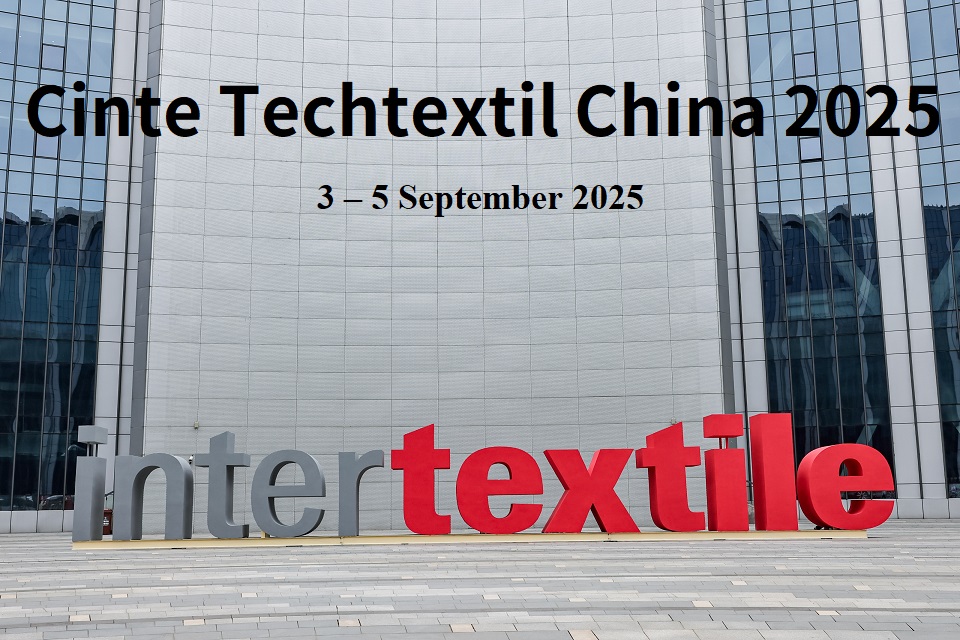The Indonesian Fiber and Filament Yarn Producers Association assessed that the recovery momentum has not been felt by all manufacturing industries, even though the Indonesian Manufacturing Index has increased.
The Indonesian Fiber and Filament Yarn Producers Association (APSyFI) assessed that the momentum of recovery has not been felt by all manufacturing industries, even though the Indonesian Manufacturing Index recorded an increase in the first quarter of 2021.
This statement was conveyed by the Secretary General (APSyFI) Redma Gita Wiraswasta in response to the Prompt Manufacturing Index (PMI) data published by Bank Indonesia. PMI in the first quarter of 2021 was recorded at 50.01%, an increase from 47.29% in the previous quarter. According to BI, the data shows that the performance of the manufacturing industry is improving and is entering an expansionary phase in the first quarter of 2021.
Based on APSyFI data, there is indeed an increase in utilization in the first quarter of 2021 compared to the fourth quarter of 2020, especially in the upstream areas such as fiber and yarn. This is reflected in the production utilization of the textile and textile products (TPT) industry in March 2021, which is almost 90% for polyester and 75% for filament. However, Redma emphasized that there is no expansion in the textile sector, especially in the downstream industry such as apparel.
"Indeed, in terms of utilization, it has increased, but overall we are not yet in the expansion phase," he said.
Redma explained, at the end of March 2021 the textile market began to decline, especially in the downstream, such as weaving. He said there are several weaving industries that have returned to laying off their employees.
"There is purchasing power, but not as much as in previous years," he said.
According to him, the factor that caused the decline in the textile market was the increase in sales of imported apparel through e-commerce. Redma said the demand for the domestic clothing industry has become very small.
The large number of online sales of imported apparel with massive marketing and attractive discount programs is considered to have damaged the domestic textile market.
"Since the beginning of April, our market has been quiet from upstream to downstream. Even though in the upstream area the utilization is still ongoing, but for weaving and knitting it is very quiet, "said Redma.
He also assessed that the Lebaran momentum cannot increase domestic demand for textiles and clothing. This is because people prefer to buy imported apparel online compared to retailers' products in offline stores.
Furthermore, Redma hopes that the government can reduce the volume of imports in the textile industry, especially apparel. He suggested that stakeholders share one vision, namely reducing imports.
"Actually, the most important thing is that we are given the market. Even though the government provides fiscal incentives, tax allowances or tax holidays, if you don't have a market, you can't run, "he said.





